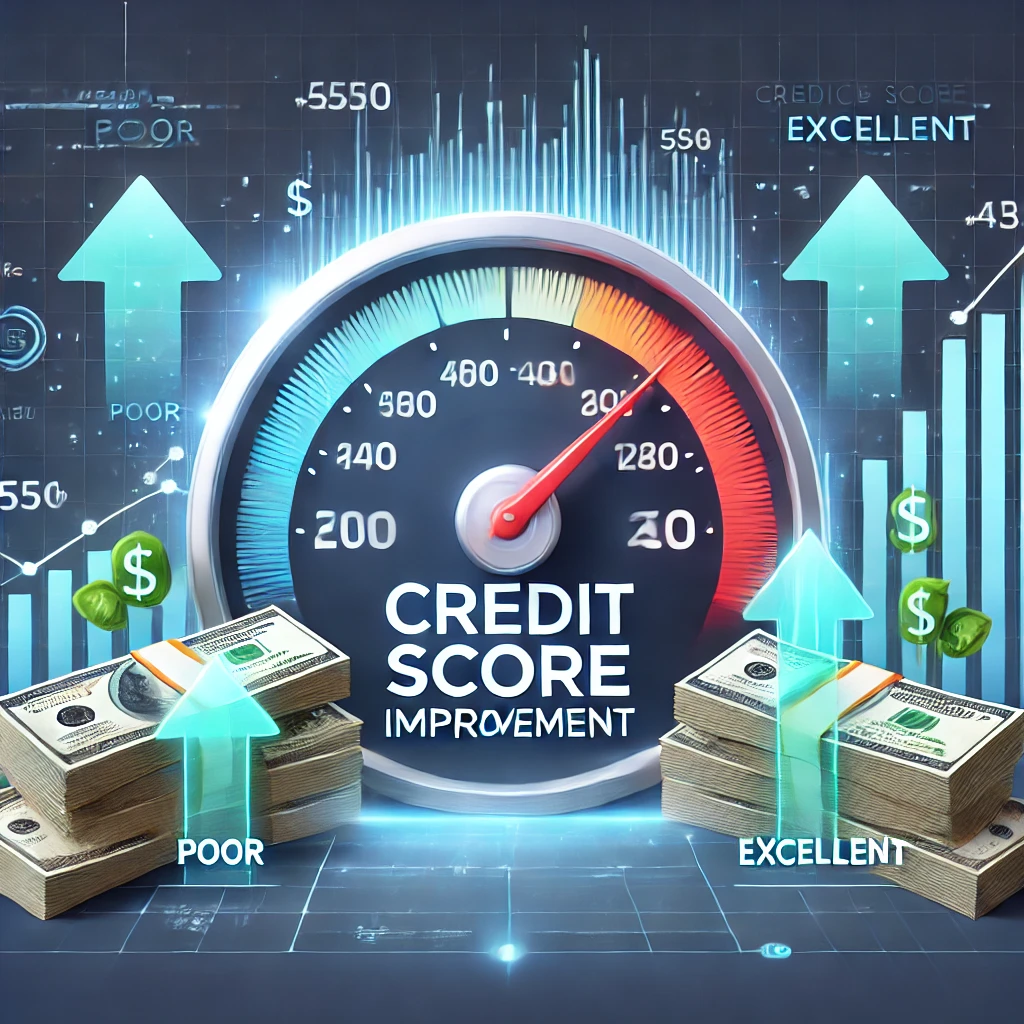Managing personal finances effectively is essential for financial security and long-term success. Whether you’re looking to save money, invest wisely, or get out of debt, having a solid financial plan can help you achieve your goals. This guide covers practical personal finance tips that will put you on the path to financial stability.
1. Understanding Personal Finance
Personal finance involves managing your income, expenses, savings, and investments to secure your financial future. The key areas include:
- Budgeting and expense tracking
- Saving for emergencies and long-term goals
- Managing and reducing debt
- Investing for financial growth
- Retirement planning
2. Creating a Budget That Works
A well-structured budget helps you control spending and allocate funds efficiently. Follow these steps:
A. Calculate Your Income
Determine your total monthly income, including salary, side hustles, and passive income sources.
B. Track Your Expenses
Monitor your spending using budgeting apps or spreadsheets. Categorize expenses into essentials (rent, food, bills) and non-essentials (entertainment, dining out).
C. Follow the 50/30/20 Rule
- 50% for necessities (housing, utilities, food)
- 30% for wants (shopping, entertainment)
- 20% for savings and debt repayment
Use tools like Mint to help manage your budget effectively.
3. Building an Emergency Fund
An emergency fund provides financial security during unexpected situations like medical emergencies or job loss.
- Aim for 3-6 months’ worth of living expenses.
- Keep it in a high-yield savings account for easy access.
- Start small and contribute consistently.
4. Smart Ways to Save Money
Saving money doesn’t mean sacrificing your lifestyle. Try these strategies:
- Automate Savings: Set up automatic transfers to your savings account.
- Cut Unnecessary Expenses: Reduce subscriptions, cook at home, and shop smart.
- Use Cashback & Discounts: Utilize cashback apps and discount coupons when shopping.
5. Debt Management Strategies
Debt can be overwhelming, but with a clear plan, you can pay it off efficiently.
A. Prioritize High-Interest Debt
- Focus on clearing credit card debt and payday loans first.
- Use the avalanche method (paying off high-interest debts first) or the snowball method (starting with the smallest debt for motivation).
B. Consider Debt Consolidation
- Combine multiple debts into one loan with a lower interest rate.
- Explore balance transfer credit cards to reduce interest charges.
6. Investing for Financial Growth
Investing allows your money to grow over time. Consider these options:
- Stock Market: Invest in individual stocks or ETFs for long-term gains.
- Real Estate: Buy rental properties for passive income.
- Mutual Funds: Invest in professionally managed funds for diversification.
- Cryptocurrency: A high-risk, high-reward option for tech-savvy investors.
For a beginner-friendly investment guide, check out Investopedia.
7. Retirement Planning: Start Early
The sooner you start planning for retirement, the better. Follow these steps:
- Contribute to a 401(k) or IRA: Take advantage of employer-sponsored retirement plans.
- Increase Contributions Over Time: As your income grows, raise your retirement savings rate.
- Diversify Investments: Balance risk with a mix of stocks, bonds, and real estate.
8. Increasing Your Income
Besides saving money, increasing your income accelerates financial success. Consider:
- Side Hustles: Freelancing, tutoring, or selling products online.
- Passive Income: Rental properties, dividends, or digital products.
- Career Growth: Take courses and develop skills to boost earning potential.
Frequently Asked Questions (FAQ)
1. How much should I save each month?
Aim to save at least 20% of your income, but adjust based on your financial goals and expenses.
2. What’s the best way to pay off debt quickly?
Use the avalanche method to target high-interest debts first or the snowball method for quick wins.
3. How can I start investing with little money?
Start with index funds, ETFs, or robo-advisors that allow fractional investing with low initial capital.
4. Should I pay off debt or invest first?
Prioritize paying off high-interest debt, then focus on investing for long-term wealth.
5. How do I improve my credit score?
Make timely payments, reduce credit utilization, and avoid opening too many new accounts at once.
Final Thoughts
Personal finance is all about making informed decisions that secure your financial future. By budgeting wisely, saving consistently, managing debt, and investing strategically, you can achieve financial freedom and peace of mind.
For more expert financial advice, visit NerdWallet.





